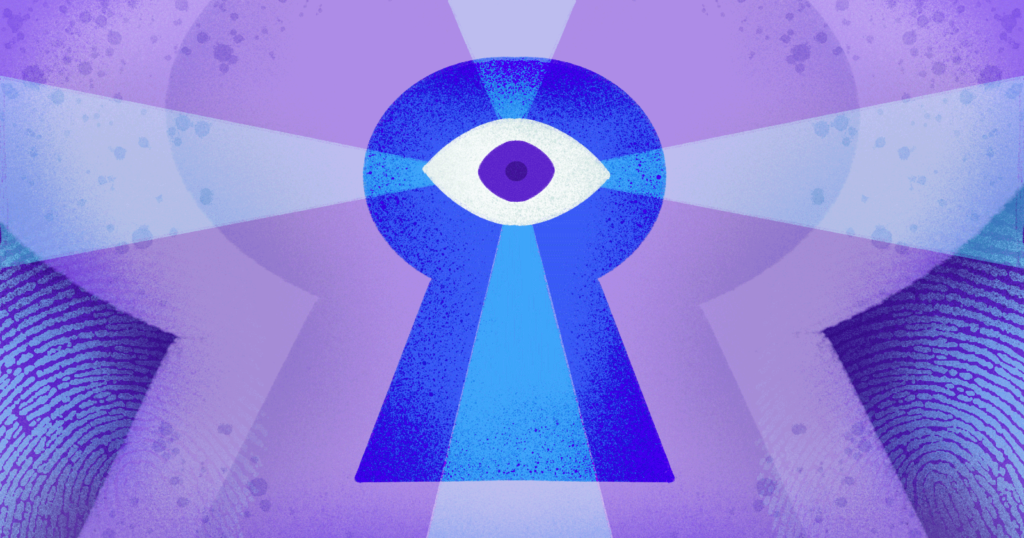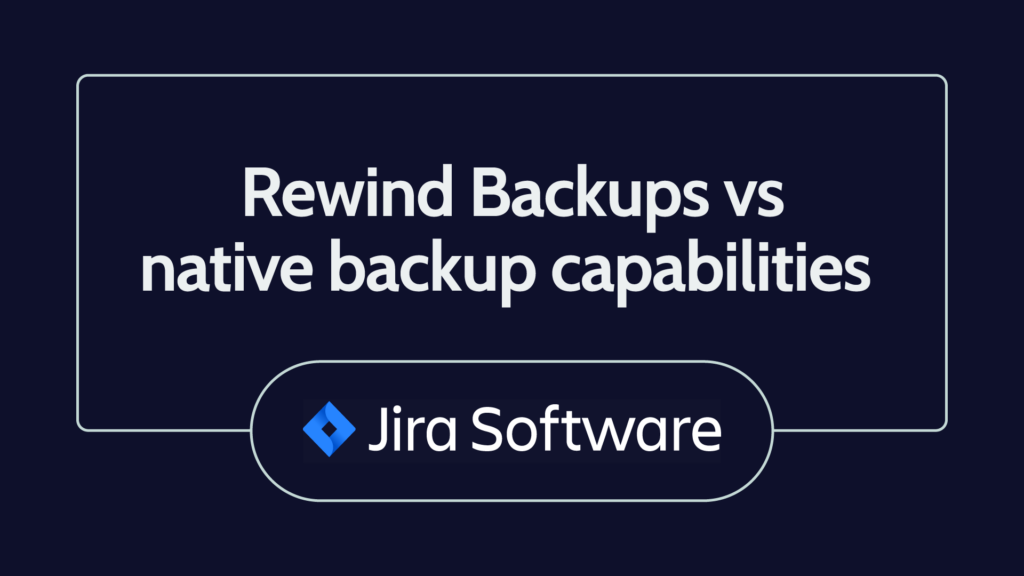When you visit a website, what features stand out to you the most? Large headings and visuals tend to capture our eyes first, but websites with interactive content make us immediately drawn to the engaging feature.
Interactive content is anything that encourages visitors to actively engage with it rather than passively read it. This includes videos, GIFs, audio players, and quizzes.
This type of content has a way of engaging audiences and driving sales better than static content. In fact, 75% of marketers say non-gated interactive content can result in a higher degree of lead nurturing.
One of the best types of interactive content an ecommerce brand can leverage is a quiz. The benefits of engaging with customers through a series of personal questions go beyond being able to recommend products.
A good ecommerce quiz will capture key customer data (such as a customer’s likes, dislikes, preferences, demographics, and contact information), guide customers to the right products and content, and provide a valuable experience that keeps them interested in your brand beyond the first purchase.
Did you know 71% of consumers feel frustrated with impersonal shopping experiences? A powerful quiz gives brands the ability to personalize every interaction with customers—from email, ads to customized web experiences, which is what I’ll be sharing with you today. Let’s take a look at the importance of quizzes and personalization!
Why is Personalization Important?
Gone are the days where giving every customer the same experience is effective. Without personalization, communication from brands feels spammy to end-users, leading to lower engagement rates.
Ecommerce personalization is about using customer data to segment buyers into like-minded groups. These data-driven segments are built from browsing behavior, purchase history, demographic data, intent data, and other key customer insights.
For each buyer segment, the goal is to share relevant, actionable, and exciting content and products that enhance their shopping experience. And if you’re worried about collecting consumer data, know that 83% of consumers say they’d share their data to create more custom shopping experiences.
What is an Ecommerce Quiz?
An ecommerce quiz is an interactive tool designed to ask customers a series of questions to learn more about their specific needs and wants. There are a variety of ecommerce quiz types, from virtual consultations, customer onboarding, gift finders, size finders, personality matching to product recommenders.
Any ecommerce business, no matter the industry, can benefit from an online quiz. I’ve seen brands in beauty, luxury, apparel, home goods, fitness, and health all benefit from the power of an interactive quiz.
The Type of Data You Can Collect with a Quiz
Quizzes give you so much valuable customer information. Beyond just learning about a customer’s preferences to match them with a product, you can ask questions to understand their pain points, product knowledge, personality traits, and more.
Here are some of the data types you can collect with a quiz:
- Demographic data: age, gender, location or the source from which a person discovered your brand.
- Engagement data: How a customer is interacting with your business and the touchpoints they take.
- Attitudinal data: What customers think about your business. Are they satisfied?
- Qualitative data: Tells you about a customer’s preferences, pain points and motivations. Shows you how your customers feel about your products.
- Descriptive data: Customer lifestyles, habits, behaviors, family details, career details or any other information that helps you understand their habits and intents.
Collecting this information with a quiz can be subtle. For example, Doe Lashes asks quiz users about their preferred TV show from when they were children. Although this may appear as a fun, out-of-the-box question, it’s actually used for Doe Lashes to understand a customer’s age range.

Collecting information for these data buckets will show you where customers have similarities and where they differ. You can then group like-minded customers together to create unique experiences that feel personal to each group.
If you want to learn more about how businesses are succeeding with ecommerce quizzes, check out this case study with BeautyBio. They drove a 28% increase in AOV.
3 Ways to Optimize Your Quiz to Collect More Data
In order to collect as much data as possible with your quiz, you’ll want to ensure customers are interested in engaging with it from start to finish. There are a few tips and tricks for optimizing your quiz for better engagement results. Let’s dive into a few below!
- Include a marketing opt-in and incentivize it
Since customers are already so engaged with the interactive experience, it’s a great time to ask them for an email address or phone number to opt them into email, Messenger, or SMS marketing.
On the opt-in page, including an incentive will increase the chances of a customer giving you their email or phone number. Many businesses will offer a 10-20% discount or a free product.

Here are a few bonus tips to increase the chances of a quiz user sharing their contact information with you:
- Tell customers what they get by opting-in. Aside from getting a discount or free product, make sure you’re explaining any other value they’re getting by sharing their information.
- Tell customers exactly what you’ll be contacting them about. Are you putting them on a newsletter list? Are you going to email them their quiz results?
- Make the opt-in optional for customers.
Following these best practices, you’ll see incredible engagement rates and opt-in rates with your quiz. This will give you the power to build extremely personalized campaigns targeted toward unique individuals and nurture relationships that will last a lifetime.
- Integrate your quiz with your Facebook pixel
Track custom Facebook Pixel events for answers and product recommendations. Even if the customer doesn’t finish the quiz, the merchant can personalize the retargeting ads and build lookalike audiences based on the info the Pixel tracked up until the quiz drop-off point. So, even if a customer didn’t opt-in or finish the quiz, you’ll still have tons of data to leverage for your Facebook ad campaigns.

- Create retargeting campaigns based on quiz answers, even if the customer didn’t complete the quiz or submit contact information.
- Create a custom audience for users who got a specific product recommendation and target an ad to promote that product. Exclude anyone who already purchased it.
- See what results pages have the highest conversion rate or AOV. Build lookalike audiences on Facebook and target customers that Facebook finds are similar.
- Make your quiz engaging to avoid high drop-off rates
Keep in mind that just because you’re promoting your quiz well doesn’t mean the work ends there. You also want to ensure customers are interested from the first question to the results page. To keep your quiz engaging, follow these best practices:
- Use images, GIFS, explainer screens and fun language.
- Don’t make your quiz too long or complex.
- Include a recommended products section below the quiz results.
- Personalize your quiz. Make sure all the buttons, text and images are on-brand.

How to Leverage Customer Data for Personalized Online Shopping Experiences
Once you’ve collected your customer data and segmented them into groups based on their quiz answers, the next step is to actually use that data in your marketing strategy.
Below, I’ll share a few ways you can use your customer data.
Retarget Your Campaigns:
Build retargeting campaigns and build lookalike audiences to target customers with personalized ads. By collecting all this new customer data with a quiz, you’ll have a better understanding of who your customers are and what solutions your business can provide them.
When customers see personalized ads based on the websites they visit, the revenue of the product grows by 38%. To make sure you drive this growth, here’s an example flow for how you can engage with customers from a quiz:

Make sure every campaign uses messaging and imagery that matches what you know about your customers from the quiz—that’s the only way you’ll drive proper engagement.
Tailor Your Website to Individuals:
You can create a “recommended products” section on your homepage that shows products you know are relevant to each visitor. Or, create unique pop-ups for different website pages that offer exclusive opt-in content (like targeted discounts).

91% of consumers are more likely to shop with brands that provide relevant offers and recommendations, so tailoring your website experiences to meet individual customers’ needs is important to drive more purchases.
Educate Customers with Relevant, Value-added Content
With the right questions, you can understand your customers’ experience level with your products or help them find solutions to their pain points. For example, if you learn you have a group of customers with oily skin, create content to educate them about treating oily skin and the products to help. This includes blog posts, videos, and infographics.
You can add this kind of educational content directly in your quiz. Vanity Planet does this well by including “FYI” blurbs on every quiz question.

Onboard Customers Based on Their Needs:
Customers seek out products and businesses for different reasons. Onboarding every customer as if they have the same needs is damaging to your brand’s ability to retain those new buyers.
To make the experience unique and memorable, send new customers a personalized welcome series on Facebook Messenger or email. Make sure the messages are tailored based on the data you’ve actually collected from them during the quiz. Talk about the specific pain points or preferences they’ve shared and recommend relevant products that suit their needs.
Discover New Audiences You Didn’t Know Were Visiting Your Store
You may have a target customer in mind, but what about the other people visiting your store? What’s your plan to engage with them? With a quiz, you may discover a new segment of customers you didn’t know were shopping at your store, and you should engage with them differently.
For example, Doe Lashes invited customers to take their “Find your lash” quiz. After, they discovered a buyer segment that had never worn false lashes before. Not realizing they had visitors who had never even used their false lash products, they realized the potential to create educational material to support them with using lashes for the first time.
This is a great example of how to nurture your customers based on the data you’ve collected from a quiz. In fact, 24% of Doe Lashes revenue is being driven from their quiz alone.

Ecommerce Quizzes Unlock the Power for Advanced Personalization Tactics
Having the ability to create customized experiences for every customer is a great way to make online shopping feel more humanized. When you show customers relevant content, messaging, and offers, you’re telling them you care about their unique needs, and that you can properly support them compared to other brands.
Not only will this make your brand stand out to consumers, but they’ll continue to shop at your store just for the amazing experience.
Considering 73% of marketers say combining traditional content marketing tactics with interactive content enhances the retention of their organization’s message, there’s no doubt that quizzes are a personalization game-changer.
If you want to learn more about collecting this data to personalize your customer experiences, you can download Octane AI’s 400+ page playbook on personalization for ecommerce marketers for free here.




